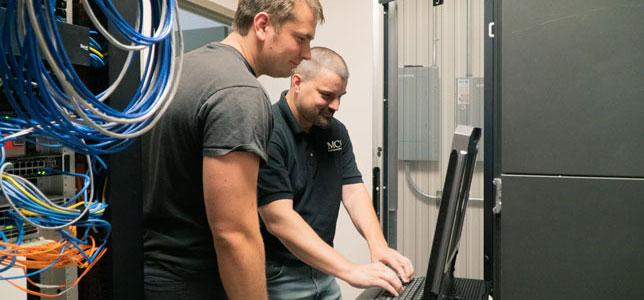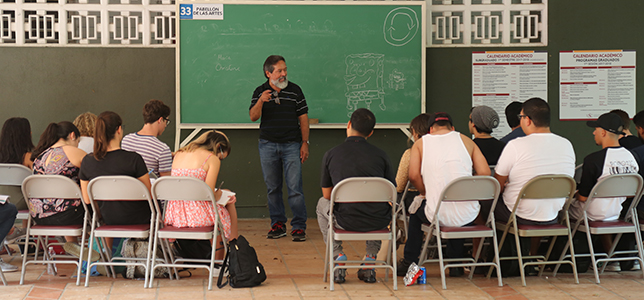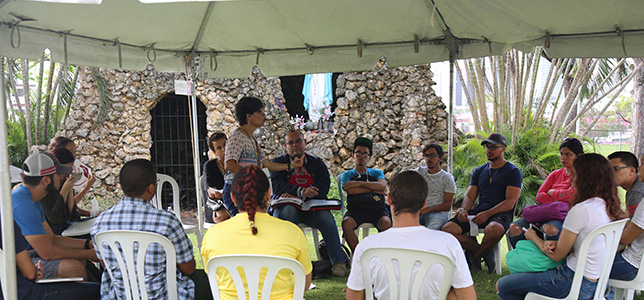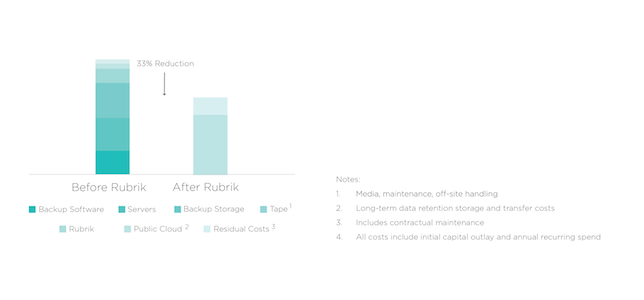
When New York University closed its NYU Shanghai campus in response to the COVID-19 epidemic in China, little did it realize how much students would appreciate the efforts the university went through to keep their learning on track. The spring 2020 semester kicked off with school officials determined to use digital tools to deliver learning online as an alternative.

A clever use of software-defined network virtualization took Mohave Community College from a crippling 72-hour outage to a 45-minute (and still dropping) recovery time.

For Puerto Rico's Universidad del Sagrado Corazón, the process of restoring campus systems after Hurricane Maria led to new opportunities for active learning and community engagement.

UCLA's chief privacy officer talks about the differences between privacy and information security in higher education along with the need to consider opportunities as well as risks.

When September's massive storm knocked out access to electricity, clean water and communications for the entire island, Universidad del Sagrado Corazón needed to get up and running fast. Thanks to an extraordinary IT team and the resources of the cloud, the school was back in action within a few weeks.

To help IT staff manage applications and data growth within the cloud, Berkeley College recently switched over to using Rubrik for backup, disaster recovery, replication, cloud archival and test/dev. workflows.

Why will the University of Tennessee-Chattanooga ultimately move most of its traditional IT services to the cloud? Associate Vice Chancellor and CIO Tom Hoover explains why it's a win-win for his institution.

Brandeis University's deputy CIO and CISO explains how drafting and testing a disaster recovery plan can help clarify crisis decision-making and foster organizational cohesion.

CT talks with Ed Chapel, Senior Vice President at NJEDge.Net, about the role of New Jersey's Research and Education Network (REN) and how it serves the higher education and related K-12, government, and nonprofit sectors.
Compared to other kinds of organizations — business, government and not-for-profit — educational institutions are the least prepared for disaster recovery.